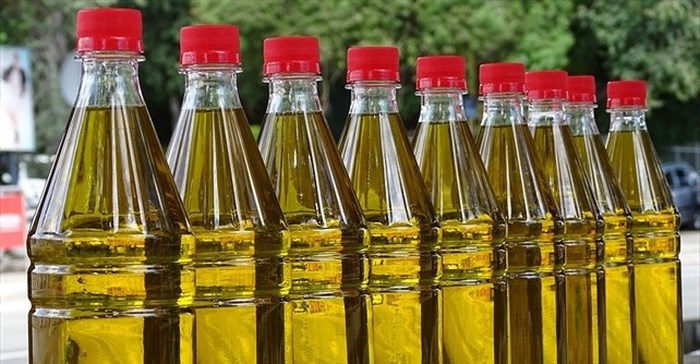Manufacturers of edible oils in the EAC have been shielded from competition from other countries. Regional trade ministers have included edible oils manufactured in the EAC on the list of sensitive products, paving the way to increase the import duty levied on them.
"The refined edible oils manufactured from locally sourced raw materials now qualify for preferential tariff treatment, and thus should be accorded preferential treatment when transferred to other partner states," the EAC Sectoral Council on Trade, Industry, Finance and Investment said.
The import duty will be increased gradually over three years, to allow partner states to develop the capacity to meet the demand for raw materials. In 2017-2018, the rate will go up to 30 percent, in 2018-2019 to 35 percent, and up to 40 percent in 2019-2020.
The decision follows recommendations by experts from the EAC partner states, who carried out a verification exercise from 31 October to 6 November 2016 in Uganda, Kenya and Tanzania, to establish how much oil was being imported within and outside the region from 2011 to 2015. The manufacturers that were covered by the study included A.K Oils & Fats Uganda Ltd, Nile Agro Industries, Oil Palm Uganda Ltd a subsidiary of Bidco Uganda, Kapa Oil Refineries Ltd in Kenya, and East Coast Oils and Fats Ltd of Tanzania.
The experts found that the number of oil manufacturers in the region is increasing, and that existing manufacturers are expanding their factories, with a total investment of approximately $550 million.
Manufacturers import crude palm oil from Malaysia and Indonesia because the local supply cannot meet the demand. Other manufacturers source crude sunflower oil from Ukraine and Argentina.
Under the current Common External Tariff regime, palm oil is imported as a finished product and subjected to a duty of 25 percent.
Under the current rules of origin, only goods produced wholly from local inputs are allowed to cross national borders without attracting Customs taxes.
The EAC member countries were concerned that regional manufacturers were losing out by paying 25 percent duty on some imported products, which should have ordinarily attracted zero per cent or 10 percent duty.
































